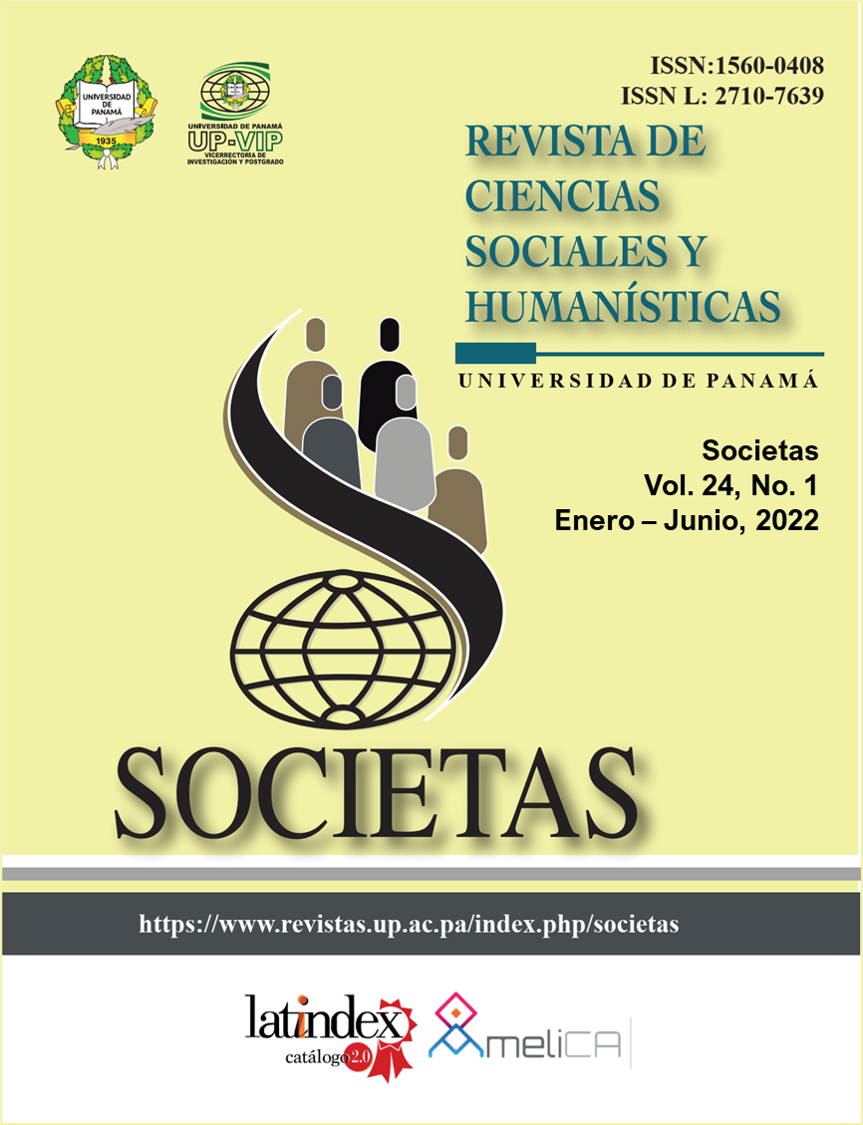

The world population has faced a change due to the COVID-19 health emergency, affecting, among other things, the way of interacting. The sector of the population that is most vulnerable to this disease is the elderly, which is why the health authorities have requested that they be confined until the virus is under control. The purpose of the research was to understand the perception of well-being of the elderly in the municipality of Celaya during confinement. The methodology was carried out with a qualitative approach with a phenomenological-hermeneutic approach, allowing an understanding from the subjective perception of the life experience of the elderly. The ATLAS.ti7 software was used for coding, networking and co-occurrence of the data obtained. The data highlighted by the participants was that the disease generated negative emotions and affected their relationships and social roles, isolating them and making them more dependent. The affectations were re-signified through spirituality, the most important agent of their perception. They highlighted the importance of the virtual media as an aid to minimize the lack of physical contact with their relatives.